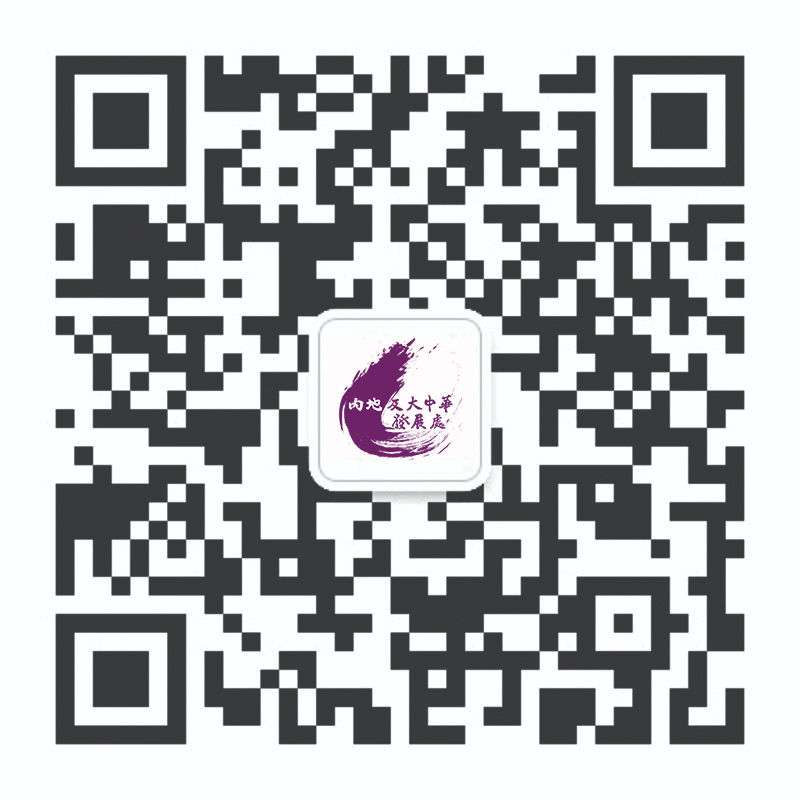CUHK President Joins the Guangdong-Hong Kong-Macau University Alliance Annual Meeting cum University Presidents' Forum
The 2024 Guangdong-Hong Kong-Macau University Alliance (GHMUA) Annual Meeting and Presidents Forum was held on 16 July at Sun Yat-sen University (SYSU). Professor Rocky Tuan, Vice-Chancellor and President of The Chinese University of Hong Kong (CUHK) participated in the activities on behalf of the University. With the theme “Promote High-level Exchange and Cooperation, Paint New Vision for Strong Education System”, the event brought together over 100 participants comprising government officials and leaders of the alliance member universities across Guangdong, Hong Kong, and Macao. They joined the activities to exchange views and jointly promote the advancement of the Alliance and the strength of higher education in the Guangdong-Hong Kong-Macau Greater Bay Area.
As the Vice-Chairperson of the Alliance, Professor Tuan participated in the Alliance Board Meeting and chaired the 2nd session of the Presidents’ Forum themed “Integrated Development of Education and Science and Technology Talents, New Advantages for High-level Opening Up”. The guests expressed their continued support and commitment with the hope that the development of the Alliance would bolster the influence of the Greater Bay Area, bringing significant advances in cooperation by drawing together the strengths of the three regions.
Initiated by CUHK, SYSU, and the University of Macau, the Guangdong-Hong Kong-Macau University Alliance was established in November 2016 as a higher education platform that aspires to extend the current efforts of elite universities in promoting academic cooperation in the three regions. The Alliance now has 45 members including 29 in Guangdong, 9 in Hong Kong, and 7 in Macao.
CUHK Hosts the Presidents’ Forum 2024 of the Belt and Road Alliance for Traditional Chinese Medicine
 The plaque-unveiling ceremony of the Belt and Road International Laboratory for Innovative Traditional Medicine Research
The plaque-unveiling ceremony of the Belt and Road International Laboratory for Innovative Traditional Medicine Research
 Group Photo of the Presidents’ Forum 2024 of the Belt and Road Alliance for Traditional Chinese Medicine
Group Photo of the Presidents’ Forum 2024 of the Belt and Road Alliance for Traditional Chinese Medicine
 Professor Rocky Tuan, President and Vice Chancellor of CUHK delivers a speech
Professor Rocky Tuan, President and Vice Chancellor of CUHK delivers a speech
 Professor Lo Chung-mau, Secretary for Health delivers a speech
Professor Lo Chung-mau, Secretary for Health delivers a speech
 Mr. Nicholas Ho Lik-chi, Commissioner for Belt and Road, Commerce and Economic Bureau, Hong Kong government delivers a speech
Mr. Nicholas Ho Lik-chi, Commissioner for Belt and Road, Commerce and Economic Bureau, Hong Kong government delivers a speech
The 2024 Presidents’ Forum of the Belt and Road Alliance for Traditional Chinese Medicine was held at The Chinese University of Hong Kong (CUHK) on 16 August. More than 30 presidents and representatives from traditional medicine-related universities and colleges in mainland China and among the Belt and Road countries and regions gathered on the CUHK campus to discuss the internationalization and modernization of traditional medicine.
Over 300 attendees from more than 60 institutions attended the event, including representatives from the Liaison Office of the Central People’s Government in the HKSAR, the Office of the Commissioner of the Ministry of Foreign Affairs in the HKSAR, the Hong Kong government, and traditional Chinese medicine administrative bureaus and government departments from provinces in mainland China, as well as ambassadors or consuls-general from various countries and regions involved in the Belt and Road Initiative.
The attendees witnessed a plaque-unveiling ceremony for the Belt and Road International Laboratory for Innovative Traditional Medicine Research, with several universities from Canada, Malaysia, Thailand, South Africa, and Sri Lanka joining as new founding member units of the Alliance. 25 participating presidents and representatives had in-depth discussions on the internationalization and modernization of traditional medicine, the establishment of a new-form university of traditional medicine, and the development of new quality productive forces in traditional medicine, in three round-table sessions. The event concluded with the closing ceremony of the 6th Advanced Training Program on the Development of Traditional Chinese Medicine along the Belt and Road.
The Belt and Road Alliance for Traditional Chinese Medicine was proposed by CUHK and initiated by the Shanghai University of Traditional Chinese Medicine, Guangdong Provincial Hospital of Chinese Medicine, Shanghai Institute of Materia Medica of the Chinese Academy of Sciences, Ningxia Medical University, Traditional Chinese Medicine Hospital of Sichuan Province and the Modernized Chinese Medicine International Association. It is a non-profit cooperative organization formed by uniting traditional medicine institutions across the Belt and Road countries and regions. Currently, the founding members of the Alliance include 30 provincial-level universities and colleges, as well as 21 renowned enterprises in the field of traditional Chinese medicine.




